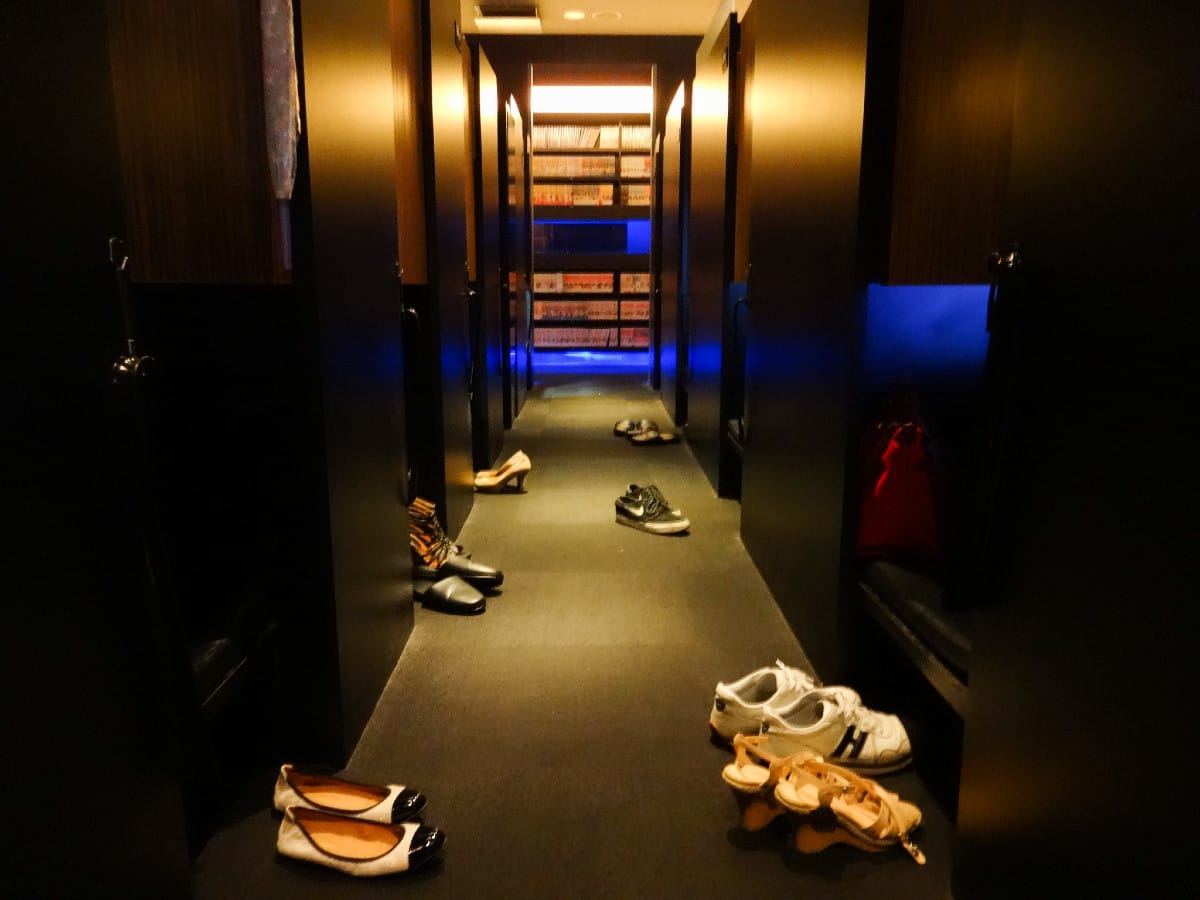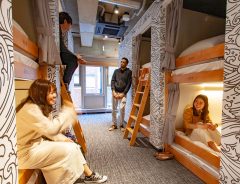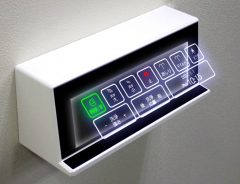
Source: Dick Thomas Johnson | © Flickr.com
A growing number of ‘cyber homeless’ are struggling in Japan amid the pandemic
- Tags:
- coronavirus / COVID-19 / internet cafe
Related Article
-

Classes held in hotel: Japanese university’s coronavirus measure questioned online
-

Tokyo hostel ingeniously offers open-dated “post-pandemic” pre-purchase plan
-

Chauffeur service in Japan keeps cherry blossom viewing parties alive with luxury limo hanami
-

Japanese company develops “floating image” no-touch touch panels to avoid direct button contact
-

Shared kitchen space project in Japan gives restaurant entrepreneurs relief during pandemic
-

Seven rules to follow in order to keep safe whilst cycling after lockdown


In Japan, residents in quick need of computer access head to internet cafes. These places of business offer a quiet cubicle equipped with an internet-connected desktop, a reclining chair or futon mattress, and other basic amenities. They also offer low-priced gaming packages making them an affordable and solitary haven for gamers.
Some 1,300 internet cafes dot urban centers across Japan. When I first moved here, I would patronize one whenever I needed to print a download. Later on, I learned that many used them as an affordable alternative to hotels. Whether after missing the last train or just too tired to commute home, cafe-goers often rely on the cafes when heading home isn't plausible.
However, I never slept in one until a band I love performed in Tokyo. I took a train to the capital, caught the show, and decided to crash in an internet cafe rather than the traditional coffin hotel across the street. It was affordable with all the internet access and free soft serve drinks I could want.
While I was young and happily slumming it in Tokyo, I noticed an interesting mix of clientele. At the time, there were other 20-somethings like me, but also more business people and grayer customers than I initially expected. It wasn't until much later that I learned of the "cyber homeless" renting by the night in cafes across the country. Unable to find stable housing, they rely on the no-questions-asked availability and affordability of cafes for shelter.
Net Cafe Refugees and The Cyber Homeless
As internet cafes grew in popularity in the late 1990s, they began offering a greater range of services such as manga libraries, beverages and snacks, showers, and even laundry services. During the same period, Japan was experiencing an economic malaise that saw some of the highest unemployment rates in the country’s history. Under uncertain circumstances, net cafe refugees became commonplace throughout the period, continuing to increase over the next decade.
Net cafe refugees, also known as the cyber homeless, are cafe patrons lacking stable residence. They have been laid off or somehow fallen through the social safety net. Many have temp work or are day laborers living hand to mouth. Many use their daily wages to pay the 2000 JPY ($18.50) or so fee for a cubicle with a futon mat.
As of 2018, the Tokyo Metropolitan Government estimated there were as many as 4,000 net cafe refugees in the Tokyo region alone. Given the popularity of internet cafes, these results indicate that nearly one in four patrons staying overnight does not have a stable residence.
Unfortunately, the cyber homeless may still pay hefty prices over a monthly basis. In some cases, as much as 60,000 JPY ($558). While Tokyo apartments renting at this price are not unheard of, day laborers and temp employees are unlikely able to afford the significant upfront costs that come with signing a rental agreement in Japan.
Finding Shelter During the Pandemic
As Japan operated under a state of emergency throughout April and May, many businesses were forced to shutter shops while others went bankrupt. Internet cafes faced similar pressures but struggled to accommodate long-term patrons without other housing options.
As The Japan Times reported, some cafe owners were effectively forced to stay open longer than intended. One cafe owner, in his 50s, barred new patrons but allowed 13 long-term residents to stay despite the spreading pandemic. While residents searched for alternative housing, the owner researched support programs and the like. He told The Japan Times, "I can't kick them out while it is still cold. As long as they are still staying here, I will look after them." Nevertheless, the owner admitted he faced burdens by remaining opening.
Fortunately, government officials are looking to provide housing options for residents left homeless by the pandemic. Many prefectural governments have arranged low-cost housing with limited rental durations. Other municipalities are helped net cafe refugees find work as well as accommodation during the state of emergency.
Others still called for the Olympic stadium to provide shelter to the homeless during difficult times. A petition gathered thousands of signatories. Whatever the answer, hopefully, businesses and governments will keep vulnerable populations, and their housing, in mind as the pandemic continues to unfold.